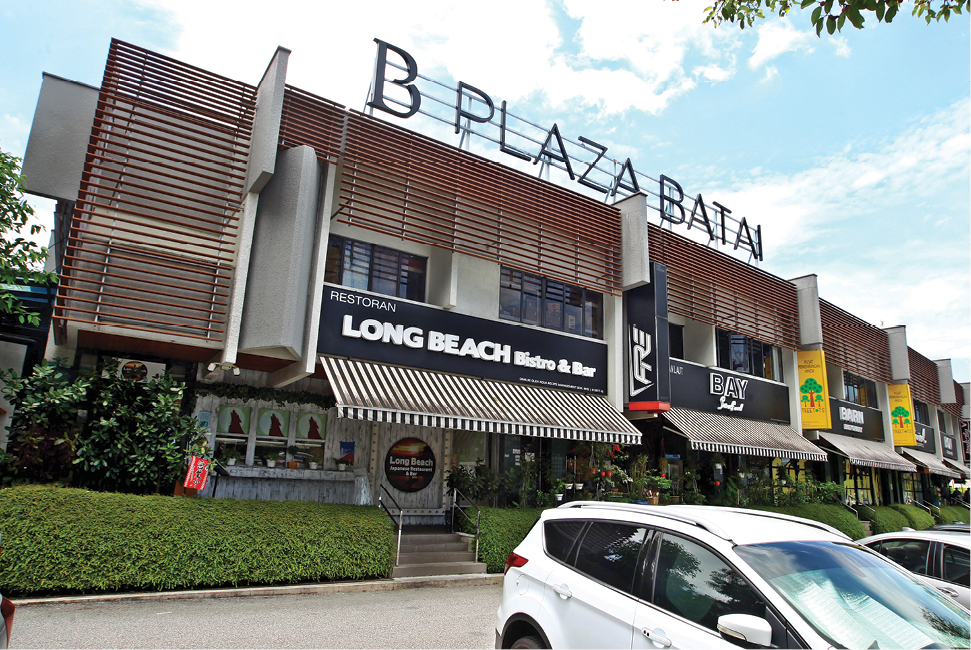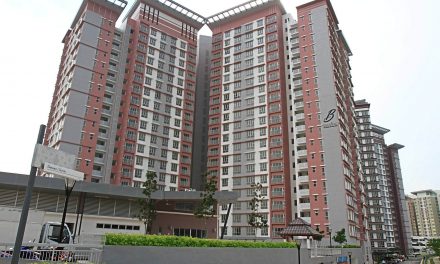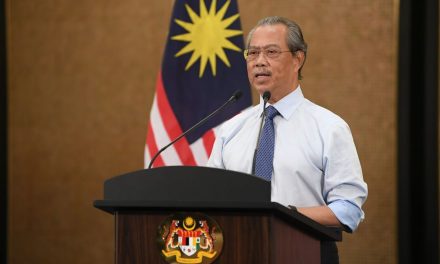Working from home trend spurs demand for bigger houses
The Malaysian property market, despite still navigating the shocks of the Covid-19 pandemic from last year, is expected to perform better in 2021. PPC International managing director Datuk Siders Sittampalam says while the pandemic “isn’t going to go away” soon, he is optimistic that the property market will find a way to “work around it.” Siders says the concept of working from home (WFH), which has become the norm, could change the mindset of housebuyers going forward. “Now, there will likely be demand for larger properties that can double-up as your office,” he said. TA Securities, in a recent report, shared a similar sentiment. “Demand for landed property remains resilient… as remote working options gain traction after the movement control order (MCO). Similarly, the trend of opting for bigger space is also observed in Singapore,” it noted. (The Star Online)
Plaza Batai to be demolished to make way for redevelopment
The “upmarket” Plaza Batai (pictured) located in Damansara Heights will be demolished to make way for serviced apartments. The Edge reported that this is the plan of businessman Tan Sri Desmond Lim Siew Choon who bought the retail lots. Plaza Batai comprises 16 two-storey terraced shoplots with a total net lettable area (NLA) of 47,160 sq ft. According to industry oberservers, the plot could give a GDV of RM230 million to RM420 million depending on the plot ratio. “Based on unofficial reports of the acquisition price [of RM100 million], a medium-rise development is most likely, as it would probably face fewer objections than a high-rise,” said Savills Malaysia deputy managing director Nabeel Hussain. Meanwhile, a valuer said the development “may have height restrictions, owing to its proximity to Istana Negara”. Developments within 800m from Istana Negara have to adhere to height restrictions, and the Plaza Batai plot appears to be just about that distance from the palace. (The Edge)

Important to balance economic, health aspects – Ismail Sabri
The decision to implement the Movement Control Order (MCO) for the second time by providing certain flexibility, especially for the economic sector, has not been easy, but had to be made in order to strike a balance between the people’s health and the economy. For Senior Minister (Security Cluster) Datuk Seri Ismail Sabri Yaakob, the MCO this time around is looking at the economic importance both through large companies and small-scale traders, and at the same time focusing on people’s health. “During the first MCO, the country lost RM2.4 billion daily. The government also needs to focus on the people who depend on their daily income to make ends meet. That is why during MCO 2.0 we allow most economic sectors to operate. The welfare of the people and their safety are equally important,” he said. Today marks one year since the country was hit by COVID-19. It was when the first case, involving three Chinese nationals who entered Malaysia via Johor from Singapore, was reported on Jan 25, 2020. (Bernama)
CEO: Iskandar Investment to strongly focus on ‘Next’
Iskandar Investment Bhd is optimistic about the business prospects in 2021 after an uncertain 2020 as the company plans on new businesses, including renewable energy, digital economy and smart farming. President and CEO Datuk Ir Khairil Anwar Ahmad said the company has launched Iskandar NEXT (Iskandar New Economic Experience and Talent) initiative in October last year to boost digital innovation emerging economics and talent development in Iskandar Puteri. “Our objectives is multiple. We want to promote the digital economy in Iskandar Puteri, because it will help create jobs, secondly it will help also to attract other investment, and thirdly we want to develop knowledge for Iskandar Puteri, for Johor and for the nation,” he said. Besides that, Khairil said the company is exploring smart farming initiative in Iskandar Puteri in 2021. (NST Online)
Present Malaysian generation may no longer get to own homes
For all intents and purposes, the children and grandchildren of baby boomers have become a generation of renters. Millennials, who are just entering adulthood and getting their first jobs, are signing up for long-term leases rather than putting a downpayment for a home that they can call their own. Property expert Yeow Thit Sang attributes this to the fact that average income has not risen in tandem with property prices. “Even if their parents chip in for the downpayment, there is still the monthly payments to worry about, and it is not easy to keep up,” he pointed out. Yeow acknowledged that it is difficult to reduce property prices now given the high value of land, particularly in urban areas. Perama Rajasingam, a real estate negotiator at Reapfield Properties, said young people are now less likely to commit to a long-term investment. She said many could still be paying off other debts, such as study loans and credit card dues. Yeow proposed that the government help by offering millennials a rent-to-buy option to help them acquire their own property. This strategy has already been put in place to encourage home ownership among people in the B40 or low-income group, but those are for low-cost homes. “In this case, the rent can be (used) as part of the downpayment and instalment for the property,” he said. (The Sun Daily)





